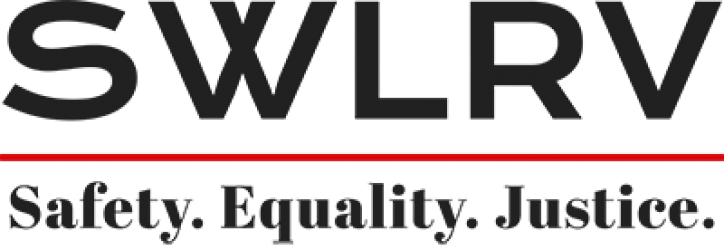What Will Happen in the Upper House?
On This Page
On 10 February 2022, debate on the Sex Work Decriminalisation Bill 2021 (Vic) will resume in the Legislative Council, also known as the Upper House. A final vote is expected later in the evening of 10 February 2022. Here is a guide to the basics, who will speak, and what their roles are.
Which Parliament?
Australia has the Federal Parliament in Canberra where the Prime Minister Scott Morrison works. The federal Parliament covers issues Australia wide
In Victoria, we also have a separate, second parliament called the Victorian Parliament, which only covers issues in Victoria. The Premier of Victoria, Daniel Andrews, works in the Victorian Parliament located in Melbourne. The Victorian Parliament has two houses (or large rooms); the Lower House and the Upper House. Each politician only works in one of the houses (rooms).
The sex work bill is being debated in the Victorian Parliament. This means Scott Morrison and the Federal Parliament have nothing to do with, and no say in the sex work bill.
The Government
The government who wrote, introduced and will promote the Sex Work Decriminalisation Bill is the Victorian Government, led by Premier Daniel Andrews. The Premier will not be part of the debate on 10 February 2022, as he works in the Lower House, and debate is now occurring in the Upper House.
The Victorian Labor Party is currently the government in Victoria. The Victorian Labor Party holds power, they wrote the sex work bill and they hope to see it get enough votes to pass. Their job is to speak in support of the bill, defend it and promote it.
The Opposition
The Victorian Liberal Party is the opposition in the Victorian Parliament. They oppose the sex work bill, will vote against it. Their job is to speak in opposition to the bill, criticise it, and argue it should NOT pass.
The Minister
Shaune Leane is the Minister for Local Government who the Victorian Government has chosen to lead debate on the sex work bill. He is a member of the Labor Party and part of the Victorian Government. His job is to promote the bill and help get it passed. He will answer questions about the bill, and introduce the bill into the Upper House.
The Crossbench
Some of the members of parliament don’t belong to either the Labor or the Liberal Party. These members belong to smaller political parties, with some of these small parties only having one member. The Reason Party only has one member; Fiona Patten. These members are called crossbenchers, and they are free to either vote with the government, or the opposition. Each crossbencher is completely free to either vote for or against the sex work bill. Some of the crossbenchers support this bill, some oppose it and others seek amendments (changes) to the bill. Amendments are very unlikely to succeed.
Speeches
When considering a bill, members can deliver a speech about the bill, usually either in favour, or against.
Committee of the Whole
This is a time where changes to the bill will be discussed in detail. It can go for hours and sometimes each change must be voted on.
Breaks
The Upper House has a lunch break, and may take a break from discussing the sex work bill to discuss other topics. For example, during question time, members can ask questions about any topic at all.
Vote
A final vote will indicate if the bill passes. A majority vote is required.
To read about the events leading to decriminalisation since 2010, please read our Sex Work Review Blog.
What Has Sex Work Law Reform Victoria been Doing?
In 2018 and 2019 we lobbied members of parliament, government agencies, police, and others, calling for Victoria’s sex work laws to be reviewed. In 2020 we partnered with the Michael Kirby Centre at Monash University to conduct a sex worker consultation as part of the 2020 Fiona Patten Review into sex work. We made two submissions to the 2020 Review. In 2021, we made a submission to the August 2021 sex work consultation about sex work and local government laws. Along with seven other sex worker support groups, we also met with the Department of Justice and Community Safety on 23 August 2021 for an additional consultation.
© Sex Work Law Reform Victoria 2022
Last updated: 10 February, 2022
